Keywords: Election 2013
There are more than 200 results, only the first 200 are displayed here.
-

RELIGION
- Frank Brennan
- 08 May 2017
1 Comment
Our Church is presently a strained, outdated social institution with an exclusively male hierarchy and clergy. But it is also the privileged locus for us to be called to the banquet of the Lord sharing theology and sacrament which have sustained the hearts and minds of similar pilgrims for two millennia. Thank God for Pope Francis who is showing us the way, helping us to find meaning in our changing and chaotic world, putting a fresh spring in the step of all those Catholics holding in tension the prophetic and the practical, the theological and the humanist, the tradition and the contemporary reality.
READ MORE
-

AUSTRALIA
- Kate Galloway
- 13 April 2017
8 Comments
There are reasons to be concerned about the capacity of a government to govern in the current brief election cycle, and in dealing with what some describe as a 'hostile senate'. But the networked world we inhabit also calls into question the way in which politicians might be accountable to the public. Rather than focusing on changes to a system of governance derived from a different era, we should be asking what are the implications of emergent technologies on the way in which we are governed.
READ MORE 
-
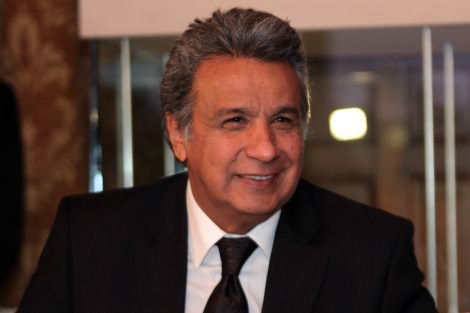
INTERNATIONAL
- Antonio Castillo
- 02 March 2017
5 Comments
Ecuadoreans will head back to the polls on 2 April after this month's presidential election didn't come up with an outright winner. Against all projections Socialist Lenin Moreno, who served as Rafael Correa's vice president from 2007 to 2013, did very well. While he fell short of winning, there is a sense that the Ecuadorean 21st century socialism, an economic and political model instigated by Correa, is still popular; and in this Andean country of 15 million the majority are poor.
READ MORE 
-

ENVIRONMENT
- Frank Brennan
- 28 November 2016
'No matter what the economic, political and legal problems confronted by modern day India, our response can be improved by an application of the key principles and norms developed in the international law of trade and human rights, helping to enunciate the realm of law, regulation and political accountability, enhancing public scrutiny providing the right environment for doing business.' Frank Brennan presents the 25th JRD Tata Oration, Xavier School of Management, Jamshedpur, India, 26 November 2016.
READ MORE
-
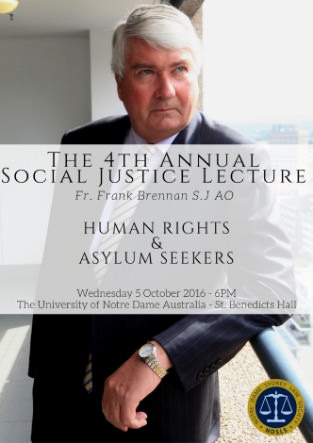
AUSTRALIA
- Frank Brennan
- 06 October 2016
8 Comments
Australia's policy is unique and unrepeatable by other nations because it requires that you be an island nation continent without asylum seekers in direct flight from the countries next door and that you have access to a couple of other neighbouring island nations which are so indigent that they will receive cash payments in exchange for warehousing asylum seekers and proven refugees, perhaps indefinitely. The policy over which Turnbull presides is not world best practice. It's a disgrace.
READ MORE
-

RELIGION
- Frank Brennan
- 23 September 2016
18 Comments
'No good will be served by a royal commission auspiced by the state telling a Church how it judges or complies with its theological doctrines and distinctive moral teachings. By all means, set universal standards of practice expected of all institutions dealing with children, but do not trespass on the holy ground of religious belief and practice.' Fr Frank Brennan SJ addresses the Freedom for Faith Conference in Melbourne, 23 September 2016.
READ MORE
-
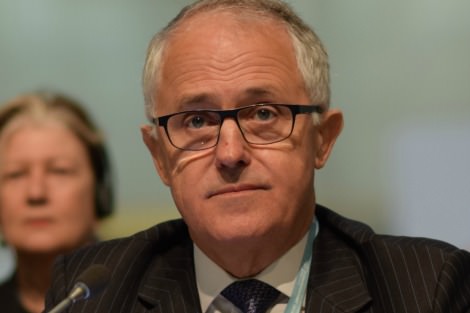
RELIGION
- Frank Brennan
- 06 September 2016
23 Comments
Once Turnbull went to the election with a commitment not to legislate for same sex marriage except after the conduct of a successful plebiscite, it was inevitable that the only way forward to resolving the issue during the life of this parliament would be by enacting legislation to authorise a plebiscite. A conscience vote during the life of this parliament, and without a plebiscite, would leave the opponents of same sex marriage rightly feeling that the government had breached an election commitment.
READ MORE 
-
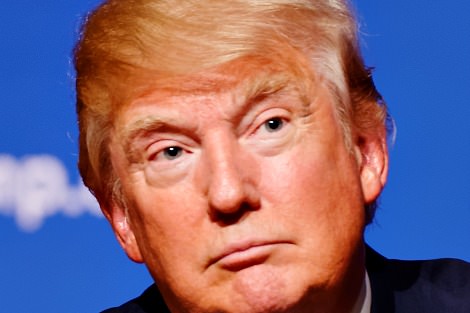
ENVIRONMENT
- Greg Foyster
- 03 August 2016
6 Comments
The neoliberal right is losing political power to the populist right, which isn't filled with the same ideological zeal for free-market capitalism. Suddenly debates can expand beyond the narrow confines of economic growth. Moral and social arguments won't be relegated to the intellectual fringes anymore. Mainstream parties of the left and right, both of which bought into the neoliberal agenda, will have to break their bipartisan dismissal of discontent with the side effects of globalisation.
READ MORE 
-

AUSTRALIA
- Melissa Sweet
- 14 June 2016
6 Comments
When politicians and journalists speak about 'health' in an election context, they invariably are referring to healthcare, and usually hospitals at that. However, the health of individuals and communities is the result of many factors, of which access to healthcare is just one determinant. Climate change - the defining issue for public health this century, according to the World Health Organization's outgoing director general Dr Margaret Chan - barely figures in election health debate.
READ MORE 
-
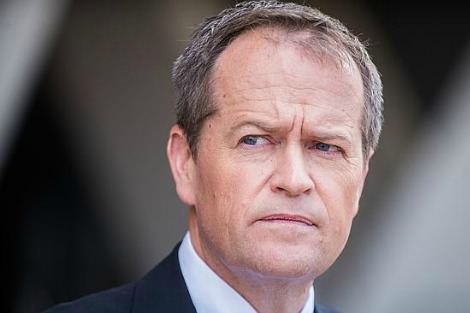
AUSTRALIA
- J. R. Hennessy
- 30 May 2016
4 Comments
Labor has built a small poll lead over the Coalition as led by the eminently more marketable Malcolm Turnbull, and in this case the commentariat are willing to give Shorten and Labor the credit. They're the ones controlling the policy conversation and setting the agenda, and it feels like the government are just responding in turn. Who is this Bill Shorten? This is someone who even a few months ago would be largely inconceivable in the top job, but now seems at the very least plausible.
READ MORE 
-

AUSTRALIA
- Barry Gittins
- 13 May 2016
5 Comments
British research presented at the 2013 International Association of Dental Research posited 'a link between missing teeth and a patient's quality of life' and cited other research on observers' 'perception of men and women with straight and crooked teeth'. Furthermore, research by the Salvation Army in Australia records that 66 per cent of the Salvos' welfare clients could not afford dental treatment and two in five could not afford a yearly dental check-up for their children.
READ MORE 
-
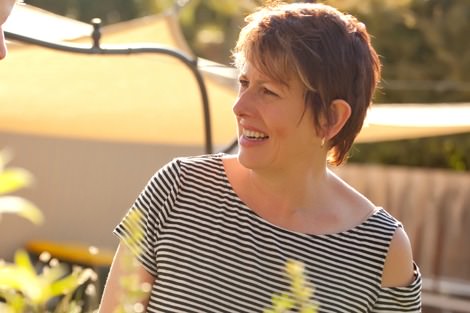
AUSTRALIA
'We have now got a world wide refugee problem. We don't have one here but we do have one world wide. It is now time to start having a rational debate about what we do with these people as opposed to playing the race card.' Interview with Anna Burke, who has represented the seat of Chisholm in the House of Representatives for the ALP since 1998. Burke is the former Speaker of the House (2012–2013), and has been a consistent advocate for asylum seekers. She will retire at the next election.
READ MORE 